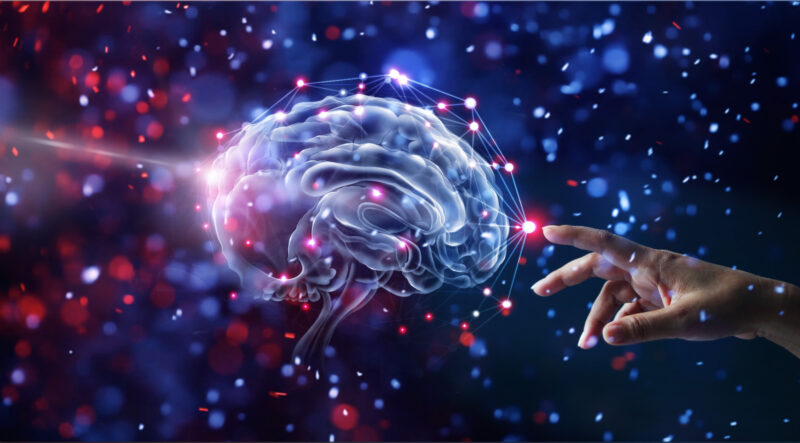Let’s dive into this intriguing journey of our bodies during menopause and how it’s so much more than just hot flashes and mood swings.
When Estrogen Takes a Back Seat
Imagine your body as a car, smoothly cruising through the years. Estrogen, a key hormone, is like a skilled driver maintaining the balance. For years, it’s been directing fat to the hips and thighs, giving many women that characteristic ‘pear-shaped’ look. But as menopause rolls in, estrogen levels drop, and suddenly, there’s a new pattern. Fat, like an uninvited guest, starts to gather around the abdomen, switching to an ‘apple-shaped’ profile. This isn’t just about fitting into your old jeans; this abdominal fat is a chatterbox, actively conversing with your body and increasing health risks like heart disease and diabetes.
Metabolism Hits the Brakes
Remember those days when you could eat a whole pizza and not gain a pound? Well, during menopause, your body’s metabolism decides to take it slow, burning fewer calories. It’s like your body is conserving energy for some prolonged siege! So, if you keep eating like your younger self, your body’s new ‘economy mode’ could lead to unexpected weight gain.
“Your body’s metabolism decides to take it slow during menopause; burning fewer calories.”
Insulin, the Misunderstood Hormone
Insulin is like that friend who’s trying to help but sometimes ends up causing more trouble. It’s essential for blood sugar regulation, but during menopause, your body might start giving it the cold shoulder, leading to increased resistance. This resistance can cause a buildup of sugar and insulin in your system, prompting your body to store more fat, particularly where you least want it – right around your middle.
Muscle Mass Sneaks Off
As if all this wasn’t enough, our muscle mass decides to quietly bow out as we age. Less muscle mass means fewer calories burned, even when you’re just chilling. This sneaky departure contributes further to weight gain unless you’re proactive with physical activities and tweaking your diet.

Cortisol: The Stress Hormone
Menopause can be like being in the eye of a storm with life changes swirling around. This stress ramps up cortisol production, a hormone that’s infamous for encouraging fat to camp out in the abdominal area. Plus, high cortisol can play tricks with your appetite, leading to those midnight snack raids.
Leptin and Ghrelin: “The Hunger Games”
Lastly, let’s talk about leptin and ghrelin, hormones that regulate appetite. During menopause, their balance can go haywire, leading to increased hunger and a love for overeating. It’s like your body suddenly forgets the meaning of ‘full’.
To keep a healthy form…
Navigating through menopause can be less daunting if you adapt with healthy eating, regular exercise, and stress management. Sometimes, you might need a little extra help like hormone replacement therapy (HRT), but remember, it’s a team effort with your healthcare provider to keep you in the best shape during this new chapter of life.





